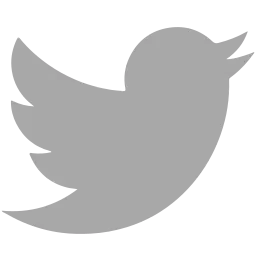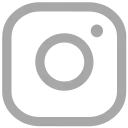MENU
BLOG
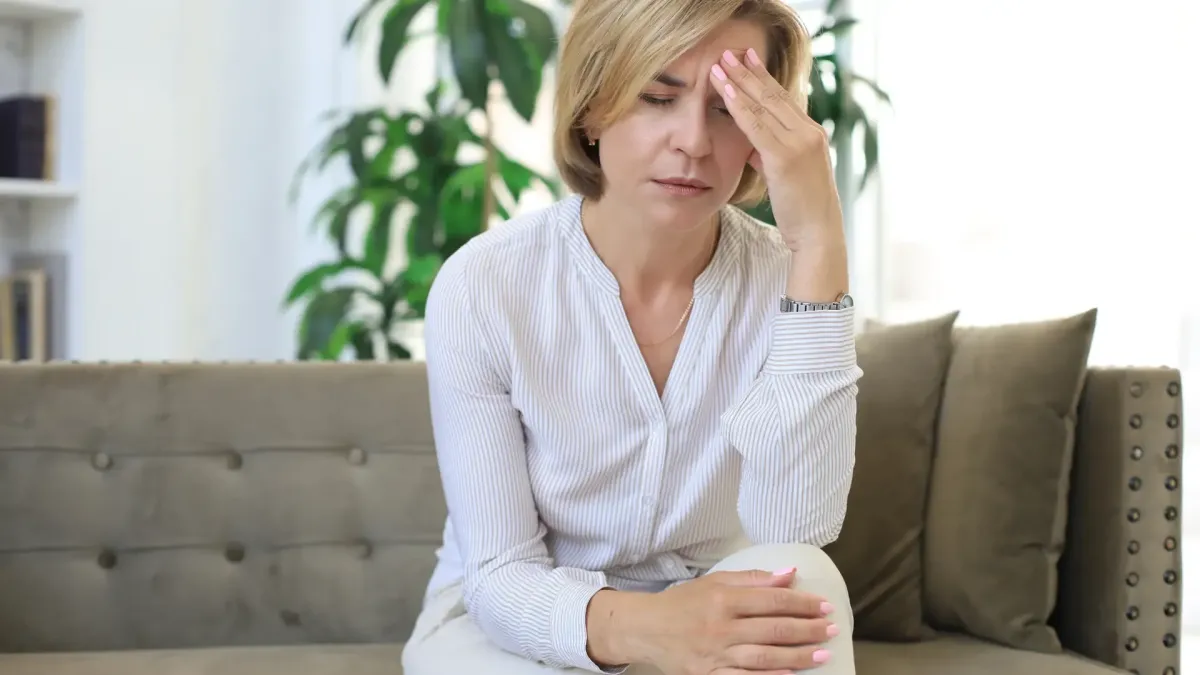
Treating Sex Hormone Imbalances
Sex hormones are that are involved in the regulation of sexual development and reproduction. The primary sex hormones are estrogen, progesterone, and testosterone. Men and women have all of these, just in different amounts and ratios...
When men and women have low energy caused by an imbalance in their sex hormones, it is usually from different hormones. For men, it is usually due to a testosterone deficiency. For women, it is usually due to estrogen and/or progesterone imbalances.
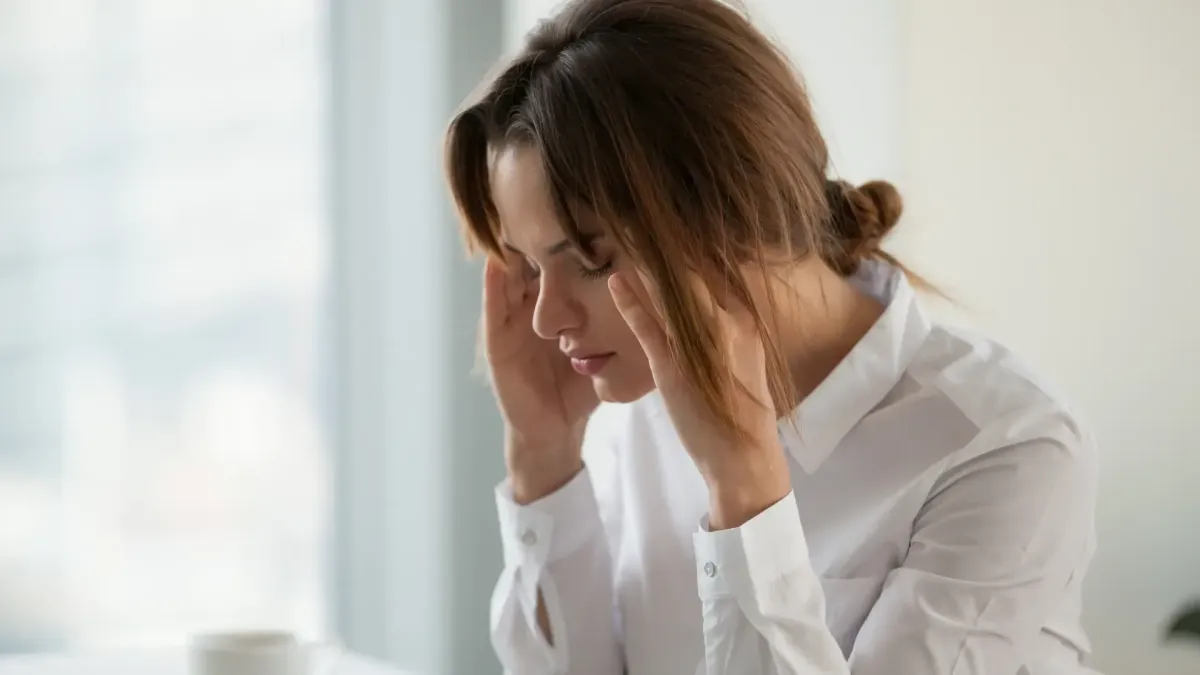
Sex Hormones & Low Energy
The symptoms of menopause are no joke. They are incredibly uncomfortable and can change the quality of your life significantly. When a woman comes to me with menopausal symptoms, she is usually pretty desperate for relief. I use both natural and pharmaceutical therapies to get her that relief.
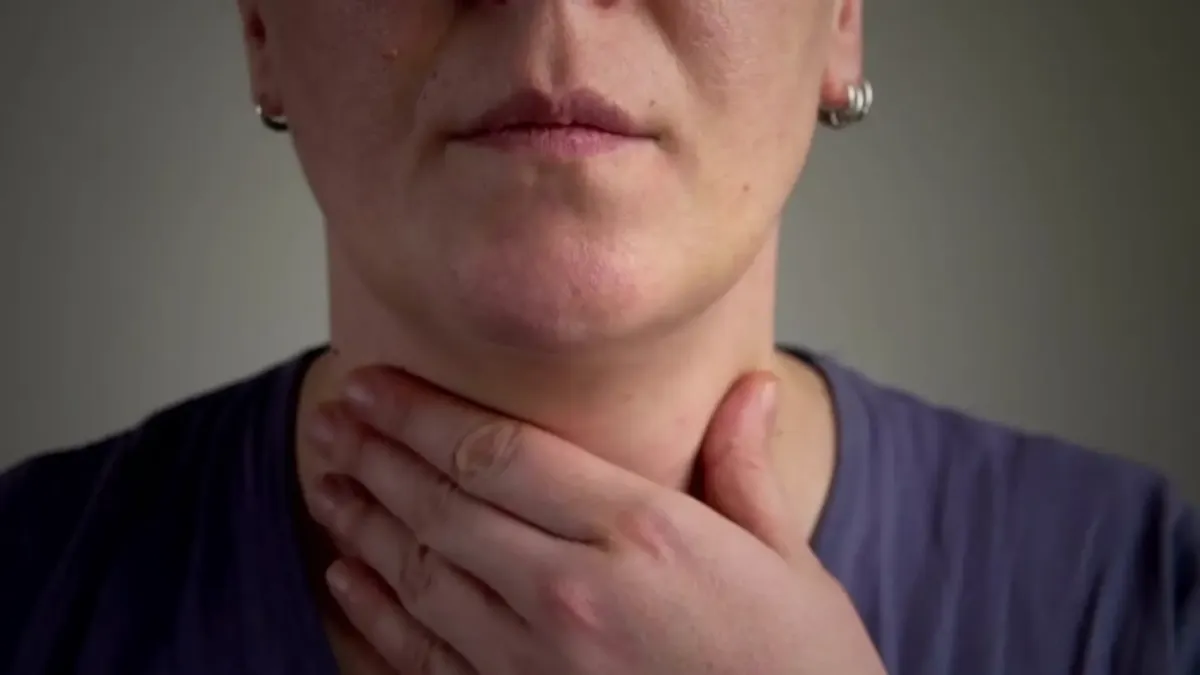
Treating Thyroid Disease
I am a big believer in natural medicine. It can be very powerful and work very well. I prefer to use it as long as the natural treatment is safe and strong. Unfortunately, when treating low thyroid, we usually need both the natural and the prescription treatments. In college, I learned from playing the card game euchre not to “send a boy to do a man’s job.” In medicine, this means using the treatment that you know will work. If I think a natural treatment will work, but I know that a medication will work, I should use the medication as long as there are no significant side effects. This is because I want to make sure you get results right away so that you can get your life back
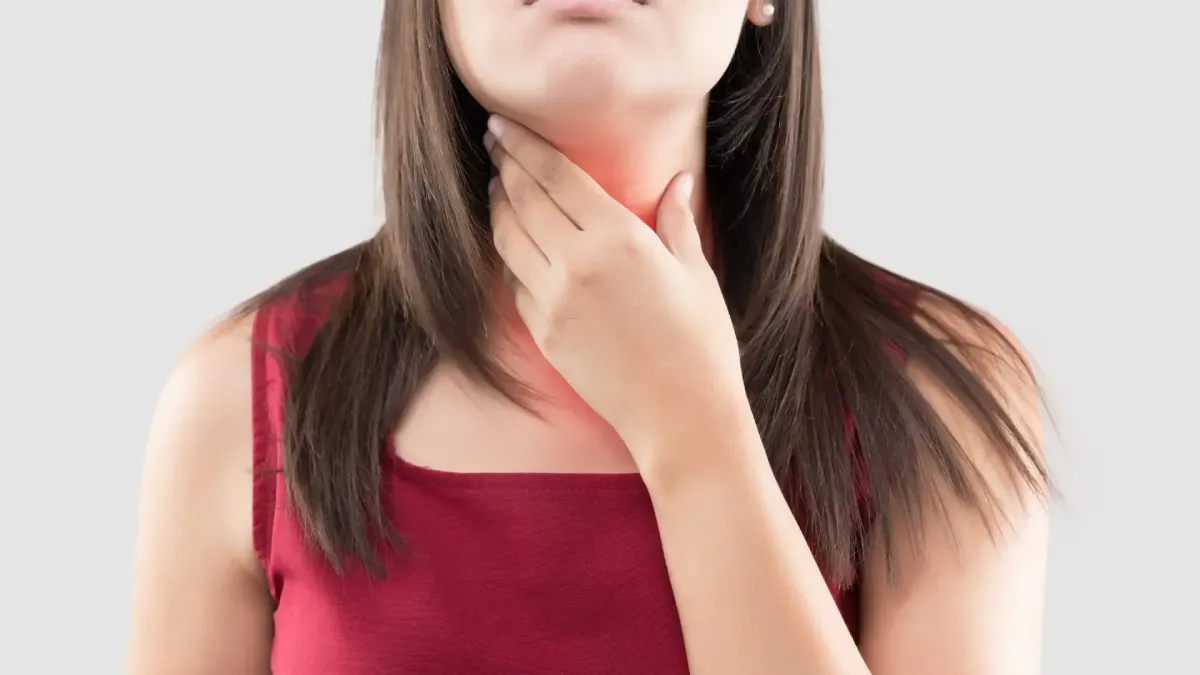
Treating Thyroid Disease
Thyroid disease is one of the most common health problems we face today. The majority of people with thyroid dysfunction have hypothyroidism. Hypothyroidism (“hypo” means low) is a condition where the amount of thyroid hormone in your body is less than what is needed for optimal function. According to the American Thyroid Association, more than 12 percent of the US population will develop a thyroid condition during their lifetimes, and more than half will be unaware that they have a problem. Women are five to eight times as likely as men to develop thyroid problems.

Advanced Adrenal Recommendations
Last week, I went over the recommended supplements to treat Adrenal Fatigue. This week I’ll go over adrenal recommendations as well as a plan to reduce stressors.
Treating the physical symptoms is only the first step. Once you start to feel better, it’s important to begin addressing the causes of the problem: the sources of stress that compromised your adrenals in the first place.
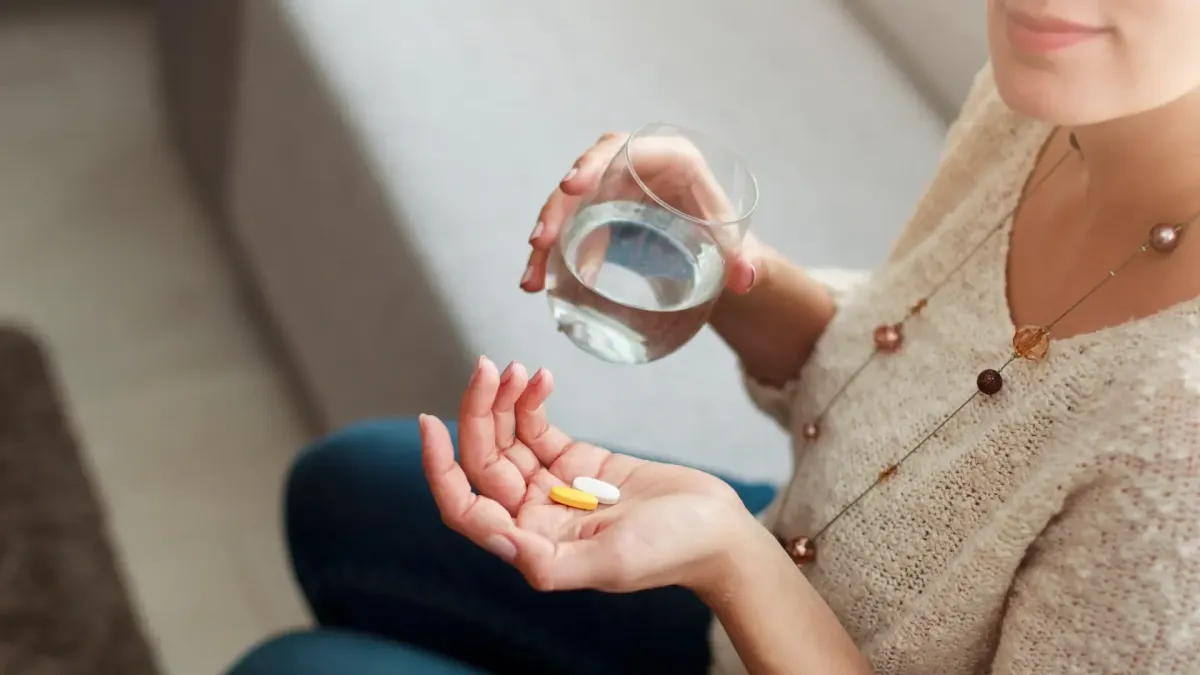
Testing & Supplement Options for Adrenal Fatigue
Last week we discussed the main symptoms as well as the causes of adrenal fatigue. This week, I will focus on testing and supplement options for treatment.
If you have most of the symptoms listed last week, you probably have adrenal fatigue. However, how do we test for adrenal dysfunction?
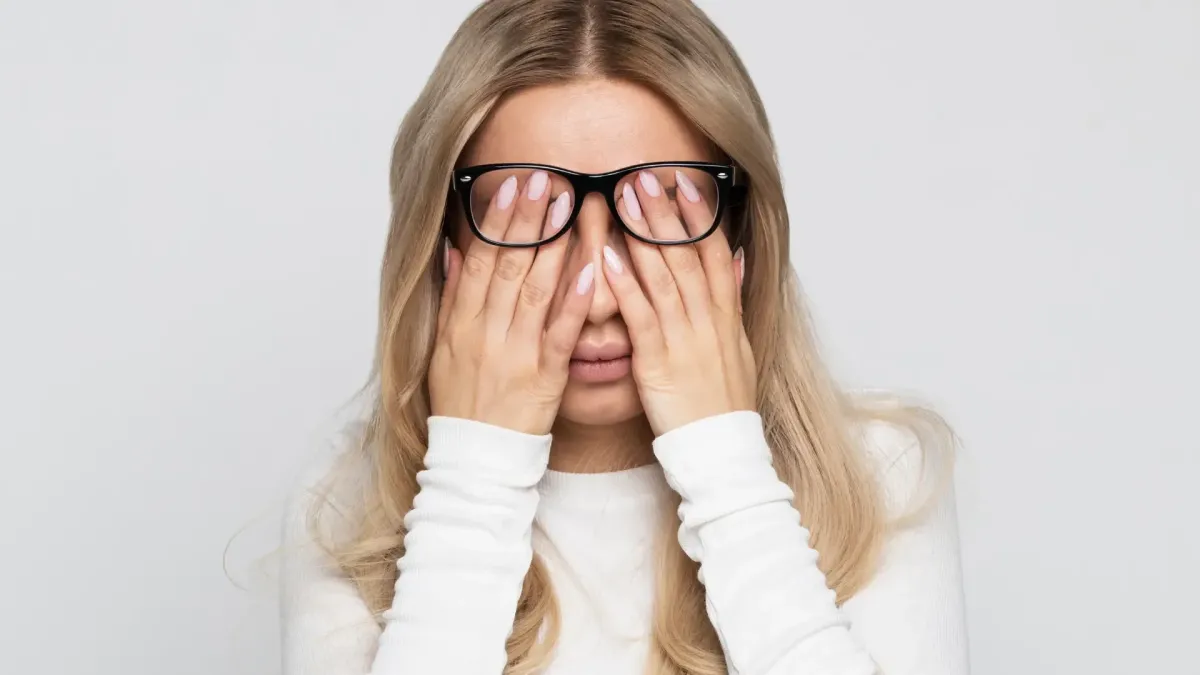
How Adrenal Fatigue Causes Chronic Fatigue
This week I will discuss how adrenal fatigue is a primary cause of chronic fatigue.
It's estimated that up to 80% of adults experience adrenal fatigue during their lifetimes, yet it remains one of the most under-diagnosed illnesses in the United States. Conventional medicine does not yet recognize adrenal fatigue as a distinct syndrome

Food Allergies & Low Energy
Food allergies can cause almost any symptom the body can manifest, including low energy. The gastrointestinal tract maintains a delicate balance of good bacteria, specialized immune cells, and various neurological and hormonal activities. In fact, 80% of your immune system resides in your gut, so anything you put in your mouth can trigger a reaction. Once your digestive system detects what it considers a “foreign particle,” your immune system reacts, and the inflammation that follows creates pain and dysfunction.

Food and Your Energy
Food is a touchy subject, especially if you’re not feeling well. We have a lot of emotional attachments to it, and it can give us joy at times when nothing else can. However, food allergies play a significant role as a cause and contributor to fatigue and, as a doctor, I have seen amazing improvements in the health of my patients when they change their food choices.
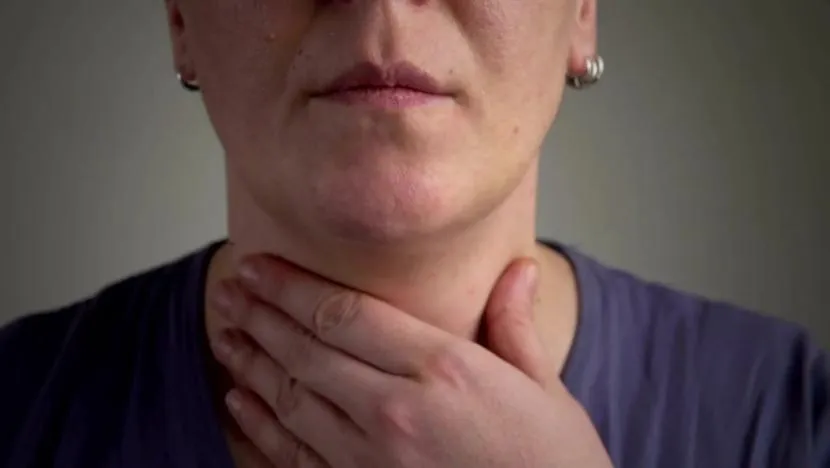
Treating Thyroid Disease
I am a big believer in natural medicine. It can be very powerful and work very well. I prefer to use it as long as the natural treatment is safe and strong.
Unfortunately, when treating low thyroid, we usually need both the natural and the prescription treatments. In college, I learned from playing the card game euchre not to “send a boy to do a man’s job.” In medicine, this means using the treatment that you know will work. If I think a natural treatment will work, but I know that a medication will work, I should use the medication as long as there are no significant side effects. This is because I want to make sure you get results right away so that you can get your life back. If we mess around with natural remedies for six months and you do not see any improvement, I’m not helping you to the best of my abilities and knowledge.
Here are the natural treatments that I use:
1. Thyroid glandulars
2. Iodine (seaweed, kelp)
3. Magnesium
4. Iron (spinach, beef)
5. Selenium (Brazil nuts – 2 per day)
6. Adaptogens
The same adaptogenic herbs we use with the adrenals, we can use here as well. These herbs will regulate the relationship between the brain and the thyroid gland. Thyroid glandulars take over some of the function of the thyroid and allow it to rest and repair itself. Vitamins, minerals, and foods provide nutrients to the thyroid to make T4 and T3 and to convert T4 to T3.
Thyroid Px is the product I like to use that has a combination of these natural treatments. If I need something stronger, I like to use Priority One’s Thyroid 65 glandular. If the patient needs more support, I turn to prescription medication.
The Iodine Controversy
Dr. David Brownstein has done a lot of work with iodine and has many success stories using it to reverse Hashimoto’s and thyroid disease.
Unfortunately, I tried his protocols a few years ago and did not have success. I did find that some people tolerated iodine well, but some people do worse. I have not seen it resolve Hashimoto’s. I have seen it increase antibodies and the size of a thyroid goiter, so please use iodine with caution. If you feel worse on it, or if your labs indicate that the iodine is worsening your condition, please stop taking it.
I believe the disparity in our experiences is because Dr. Brownstein is located in Michigan, where the population is significantly iodine-deficient due to iodine deficiency in the soil and consequently, the food. The soil in Olympia, Washington, where I live and work, is iodine-sufficient, so our population does not have the same problem.
I want to emphasize the importance of partnering with a healthcare provider who will work with you to resolve your thyroid issues. This may require some assertiveness on your part. Your doctor needs to honor your subjective experience in gauging your response to treatment, rather than “treating a lab report.” – Dr. Evan
Thyroid Medications
When it comes to choosing thyroid medications, my motto is to go with what works. Some practitioners believe that there is only one type of medication to treat low thyroid. For conventional medicine providers, this is usually levothyroxine (T4). Occasionally I’ll see an endocrinologist prescribe liothyronine (T3). Naturopaths and functional medicine providers seem to prefer desiccated thyroid (Armour, WP Thyroid, or Nature-Throid) because it is more natural, coming from animal sources.
However, I practice personalized, individualized medicine, and I know that every patient is different, and they require a different combination. For example, patients who are chemically sensitive (have negative reactions to normal dosing of medications, supplements, fragrances, and foods), do better with synthetic medications. Their bodies are already reacting to their own tissues, so any natural thyroid that you use will trigger another reaction. A patient who is taking a maximum dose of desiccated thyroid but still has low thyroid symptoms, including low T4, will need some levothyroxine.
The forms of thyroid support that I use are:
1. Levothyroxine (T4)
2. Liothyronine (T3)
3. Desiccated thyroid (Armour, WP Thyroid, or Nature-Throid)
I will use brand, generic, or compounded prescription (oral and topical) forms of thyroid medications. I will combine any of these together as needed to get a patient feeling better.
I begin treatment when I am convinced (by symptoms and blood testing) that a patient has hypothyroidism. I usually choose desiccated thyroid to start if the patient is deficient in T4 and T3, but mostly in T3. Desiccated thyroid is natural, dehydrated, and powdered tissue from animal sources, usually cows or pigs. My favorite forms are WP Thyroid and Nature-Throid for their purity (both by RLC Labs). Armour Thyroid is the most common desiccated form found at conventional pharmacies. However, the last few years it has undergone some reformulating, and there is some concern that it has gluten in it. If a patient reacts, I switch them to Nature-Throid or WP Thyroid.
Desiccated thyroid is a strong dose of T3 and a light dose of T4. It works well if you need more T3 than T4. Consequently, based on your labs and your symptoms, you may require T4 augmentation later in your treatment. My typical dosing for desiccated thyroid ends up being one or two grains daily. Each grain is 65 milligrams and contains 9 mcg of T3 and 38 mcg of T4. One grain of desiccated thyroid is considered to be approximately 100 micrograms of levothyroxine (synthetic T4).
If a patient requires T4 only, I will prescribe levothyroxine. I recommend taking it first thing in the morning, thirty minutes before breakfast. It lasts eight to twelve hours in the body, so it only needs to be dosed in the morning.
If a patient requires T3 only, I use the synthetic form of T3, liothyronine. Liothyronine typically lasts three to four hours in the body, so I find dosing every three to four hours is best—morning, noon, and 3 p.m. This schedule seems to help prevent the afternoon energy “crash.” If the crash persists in spite of dosage adjustments, it may stem from adrenal dysfunction, rather than thyroid.
Treating Thyroid Subjectively
Typically, the process to be prescribed thyroid medication is as follows:
1. The patient sees their provider.
2. The provider orders lab tests.
3. They go over the results, and the provider prescribes thyroid.
4. Lab tests are repeated every six to eight weeks to determine the thyroid status. From the time you start taking a dose of thyroid, there is a six- to eight-week delay before results can be measured.
5. This process continues until the right dose is reached, and the patient’s symptoms are resolved (if they need only levothyroxine). This may take up to six months.
6. Every six to twelve months, the patient will feel worse, so they will return to the provider, who will repeat the process and probably increase the thyroid medication as the thyroid destruction continues.
You can shortcut this process by following my Thyroid Ramp-Up, in which you gradually increase the treatment based on your experience. I typically start my patients on (for example) a dose of WP Thyroid 32.5 milligrams (a half a grain) in the morning on an empty stomach and increase the dose by 32.5 mg every two weeks as long as they are improving and not having any symptoms of hyperthyroidism (too much thyroid). When they experience any of these symptoms (tremors, heart palpitations, diarrhea, anxiety, agitation, headaches, or insomnia), I have them back down to their previous dose. If the patient does not have the awareness to identify these symptoms when they occur, then this treatment is not for them. Your provider may want to see you every two to three weeks to make sure you are on track and not missing any signs of too much thyroid.
Now, if you are going to be subjectively assessing the success of your supplementation, you must recognize when you begin to approach a hyperthyroid state and back off on the dosage to an acceptable level. There is a danger of remaining in a hyperthyroid state: it can cause osteoporosis and cardiovascular problems. When the first hyperthyroid symptoms begin to appear, you must immediately lower your dose back to the previous dose you were taking before the symptoms appeared.
For patients who require only T4 and no T3, I will prescribe levothyroxine. I start them at 25 mcg per day in the morning on an empty stomach and recommend that they increase by 25 mcg every two weeks up to 100 mcg or until they get symptoms of too much thyroid. I only ramp up one medication at a time. Since T4 converts to T3, I will ramp up T4 before T3 to see how much of the T4 is converting to the T3. Otherwise, the patient may become hyperthyroid before reaching the T4 dose they require.
I want to emphasize the importance of partnering with a healthcare provider who will work with you to resolve your thyroid issues. This may require some assertiveness on your part. Your doctor needs to honor your subjective experience in gauging your response to treatment, rather than “treating a lab report”
Reversing Thyroid Disease
One of the things that I enjoy most is getting people off of their prescription medications. Medications are very helpful, but they are just a Band-Aid. When you heal the cause, you no longer need them. I have helped people get off of their medications for rheumatoid arthritis, high cholesterol, and high blood pressure (to name a few). I have only recently figured out how to reverse thyroid disease and get people off their thyroid medication!
I have found two ways of doing this. The first way is by treating Bartonella, a bacterium that infects the thyroid. I figured this out by chance, and there’s a great story that goes along with it in the Infections chapter.
The second way is using Pulsed Electromagnetic Fields (PEMF). I prefer the PEMF by BEMER to improve circulation and absorption of nutrients and oxygen.
I find that when using these therapies, patients who are on thyroid medications become hyperthyroid! When that happens, the patient decreases their thyroid medication by a small amount (e.g. a half grain) every time they have hyperthyroid symptoms until they have completely weaned off it. I find that 80 percent of my patients will wean off of their thyroid medicine completely in three to six months. If they are not able to do this, other causes are getting in the way.
The Plan
If you have Hashimoto’s disease and you want to slow down your autoimmunity by treating the Th1/Th2 autoimmune imbalance, start the following:
1. Start low dose naltrexone (LDN) 1.5 mg/night and increase by 1.5 mg every week up to 4.5 mg/night. This is a compounded prescription from your medical provider.
2. Start Vitamin D Supreme 20,000 IU/day (4 capsules)
3. Start OmegAvail TG1000 (omega-3-fatty acids) 6000 mg per day (6 capsules) of combined EPA+DHA
4. I would also recommend resetting the relationship between the immune system and the cause by finding a practitioner who uses low dose antigen and low dose immunotherapy (LDA and LDI).
If you have the signs, symptoms, and labs showing low thyroid, start the following:
1. Start Thyroid Px 1 capsule in the morning. In one week, if you are not seeing symptom resolution, increase to 2 capsules in the morning. In another week, if you are not seeing symptom resolution, then add in Priority One Thyroid 65mg below.
2. Start Priority One Thyroid 65mg (thyroid glandular) 1 capsule thirty minutes prior to breakfast on an empty stomach and increase by 1 capsule every two weeks until you get symptoms of hyperthyroidism (tremors, heart palpitations, insomnia, diarrhea, agitation, anxiety, and headaches), then back down by 1 capsule to the previous dose. Recheck labs every six to eight weeks. If you still have low thyroid symptoms once you have reached this dose, you will need to switch or augment with a prescription.
3. Make sure you have supported the adrenals before the thyroid.
If you have ramped up to the maximum dose (hyperthyroid symptoms) on the Priority One Thyroid 65mg and you are still having some of your symptoms of low thyroid, then find a provider to prescribe the appropriate thyroid medication. You will mostly likely need some additional T4 (levothyroxine). See the section on Choosing the Right Thyroid Medication in this chapter.
Action Steps
Order the new supplements discussed in this post and start the ramp-up! You can find them under the Thyroid Support category in our online store here
Add your new supplements to your Treatment Schedule
Track your symptoms on the Symptom Calendar
Set alarms on your phone to remind you to take your supplements
Questions? Join the Conversation in the Facebook group!

A safe space for all.
We're LGBTQ+ supportive
Copyright (c) EnergyMD




